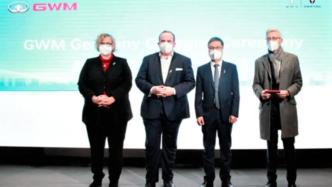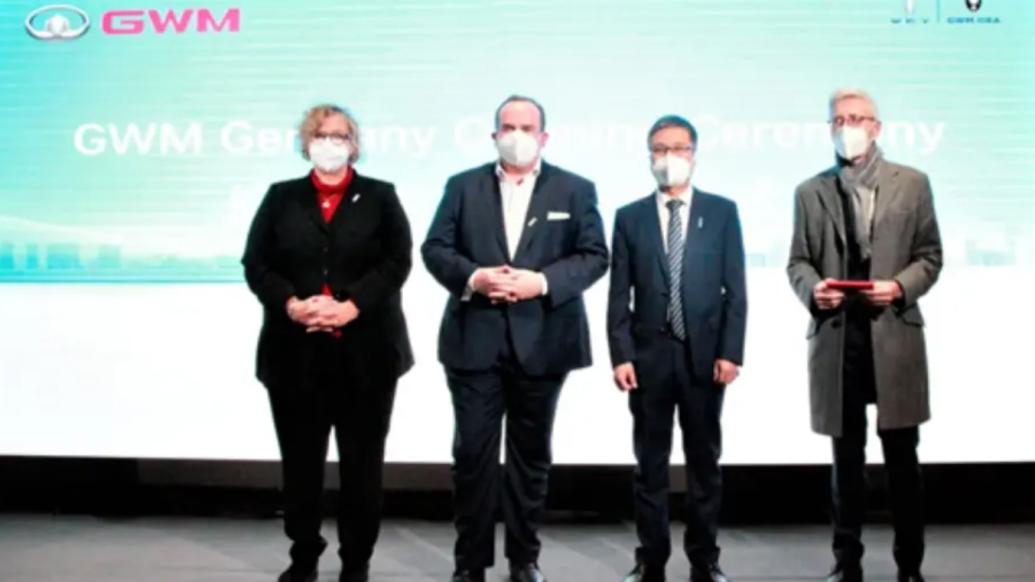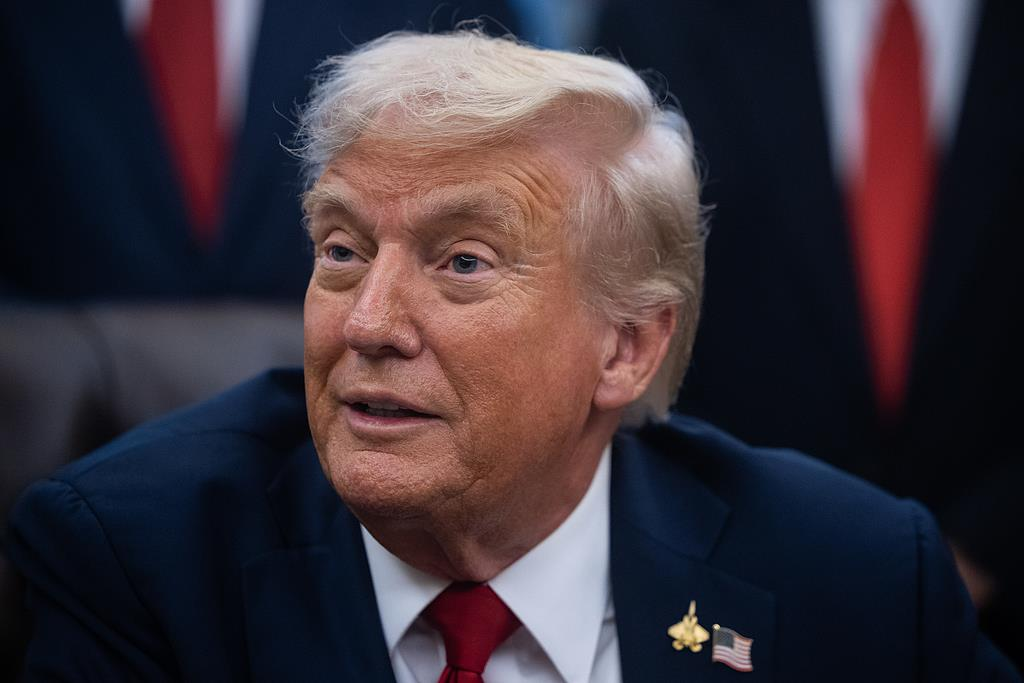
On May 28, 2024, Great Wall Motor Germany GmbH (GWMD) held a general meeting of all employees, announcing the closure of the office and the termination of all employment contracts on August 31, 2024.

This news is shocking. About two and a half years ago, during the epidemic, on November 22, 2021, Great Wall Motors officially established its European headquarters in Munich, Germany as a center for developing the European continental market.
As ambitious as we were then, we may be as cautious now.
Of course, this does not mean that Great Wall Motors will not continue to operate in the EU. It will continue the current agency model, remotely controlled from its Baoding headquarters, and focus on Germany, the United Kingdom, Ireland, Sweden and Israel through cooperation with dealer group Emil Frey, and will not open up new European markets for the time being.
Great Wall Motors said it "regrets making this difficult decision" and would "relocate Great Wall Motors' European parts warehouse from Nuremberg, Germany to Amsterdam, the Netherlands, doubling the size of the warehouse to provide the best service to customers in Europe."
Great Wall Motors is not making a rash move by closing its European headquarters.
Unbearable tariffs
In early October 2023, the European Commission officially launched an anti-subsidy investigation on electric vehicles from China. Due to the large number of companies involved, the European Commission adopted a sampling method to determine the final investigation targets. On October 25, local time, the European Commission announced that it had selected BYD, SAIC Group and Geely Auto as target companies.
It seems that Great Wall Motors is not affected, but according to the law, the EU can impose temporary tariffs within 9 months after the launch of the investigation, that is, June 2024, and the final tariffs or measures can be imposed at least 4 months or at most 13 months after the start of the investigation, which means that the results need to be given by November 2024 at the latest.
As part of the anti-subsidy investigation, on March 5, 2024, local time, the European Commission issued an emergency notice to implement regulations for import registration of Chinese electric vehicles. The next day, EU customs carried out a 9-month import registration of Chinese electric vehicles. If the final anti-subsidy investigation determines that Chinese electric vehicles have received so-called "unfair subsidies", the EU may impose "retroactive tariffs" on these registered imported vehicles.
The EU's customs registration of pure electric vehicles imported from China is intended to prevent China from suddenly exporting pure electric vehicles to the EU before the final investigation is concluded at the end of the year.
It is reported that the European Commission will announce a preliminary decision on possible temporary tariffs on imported electric vehicles from China on June 5, 2024. Currently, cars imported from China are subject to a 10% EU tariff, and there are different opinions on how much the EU's tariff on Chinese cars will rise. According to Automotive Business Review, the current forecast range is about 30%, 40% and 50%.
"For example, if the rate rises to 40%, the original 10% tax will have to be paid, and an additional 30% tax will have to be paid. The more Chinese car companies sell, the more they lose." A person familiar with the matter told Automotive Business Review that before the EU's final decision, Chinese electric vehicles sold to Europe from March to November are at risk of paying a large amount of additional taxes and fees. "We can only control the volume now. If the EU tariffs increase by another 30%, we will definitely not be able to sell them after the price increase."
Considering that the United States announced on May 14, 2024 that it would impose a 100% punitive tariff on Chinese pure electric vehicles (EVs), which is four times the current tariff, the EU's anti-subsidy investigation is unlikely to have a good result. This means that the export of pure electric vehicles to Europe and the United States is basically blocked.
China's auto exports are booming
In 2023, driven by electric vehicles, China's automobile exports will increase by 57.9% year-on-year to 4.91 million vehicles, setting a record high, surpassing Japan for the first time to become the world's largest automobile exporter. If Chinese cars exported in parallel as second-hand cars with zero kilometers are included, the number will reach 5.5 million.
Unlike the abnormal competition in the Chinese market, China's exported cars are much more expensive than those in the domestic market. Even so, compared with its international counterparts, China still has a strong price competitive advantage in new energy vehicles.
The EU is the largest importer of Chinese electric vehicles. In 2023, China exported 1.55 million electric vehicles, 40% of which were sold to Europe. In 2023, Tesla China exported 344,078 vehicles, ranking in the top three, most of which were exported to Europe.
"As a Chinese automotive person, I have a wish, which is to see our Chinese automobile brands on the streets of European and American countries." Seven years ago, the dream of Wei Jianjun, chairman of Great Wall Motors, was widely spread.
In fact, since the birth of Great Wall Motors, overseas strategy has always been its determined direction. Now it has entered more than 170 countries and regions around the world, with more than 1,000 sales outlets abroad, and sales outside China totaling more than 1.4 million vehicles. In 2023, Great Wall Motors' cumulative sales will exceed 1.2 million vehicles, a year-on-year increase of more than 15%.
As recently as October 2023, Great Wall Motors was still ambitiously announcing that its overseas sales in 2023 would exceed 300,000 units, a 75% increase. According to the plan, by 2025, Great Wall Motors' overseas sales will exceed 1 million units, of which 400,000 will be locally produced. However, around the time of the Beijing Auto Show that ended two months ago, this goal has been quietly postponed to 2030.
Great Wall Motors' latest decision is also a response to this sales adjustment. Great Wall Motors' strategic retreat is just the beginning. On May 23, 2024, local time, NIO's largest center in Europe opened in Amsterdam, the Netherlands. At that time, NIO's founder, chairman and CEO Li Bin had already expressed the possibility of changing European policies.
He said: "The environmental benefits of electric vehicles are very important and should not be used as a political goal. Once the EU implements substantial tariffs, NIO will make the most reasonable business decision, which may include delaying or canceling the launch of its new mid-range car and future entry-level models in Europe."
European car companies are awake
Will things turn around?
On the evening of May 21, 2024, the China Chamber of Commerce in the European Union (CCCEU) issued a statement on its official account, saying that an "insider" revealed that China may impose tariffs of up to 25% on imported cars with large-displacement engines. This was seen by foreign media as a signal of China's countermeasures.
In fact, compared with Chinese cars wanting to enter the European market, European companies are more eager to stay in China.
Oliver Zipse, chairman of the BMW Group, once warned that "the EU will soon shoot itself in the foot"; Thomas Schäfer, CEO of Volkswagen Passenger Cars, also came out to remind that "there will always be some kind of retaliation (from China against the EU)."
Mercedes-Benz CEO Ola Källenius called on the EU to take a long-term view, saying "protectionism is heading down the wrong path."
Stellantis CEO Carlos Tavares believes that "electric vehicle tariffs are a trap" and "will not protect Western automakers from risks when facing lower-cost Chinese brands."
BMW, Mercedes-Benz and Volkswagen have already regarded China as their second home and have all shouted the slogan "Home in China", while Stellantis has carried out in-depth cooperation with Leapmotor.
The German automobile industry cannot do without the Chinese automobile market. Their appeal is believed to have an effect to a certain extent, but how big of an effect it will have is still unknown.
Unwilling to sit still and wait for death
Chinese auto companies are not sitting still. For Great Wall Motors, its joint venture with BMW, Beam Automotive, is currently producing the pure electric MINI in Zhangjiagang. As the EU increases tariffs, the electric MINI can only return to the UK in the form of a KD assembly plant.
Automotive Business Review learned that Great Wall Motors will focus on HEVs and continue to develop new models, which will enter Europe, but it will take about 18 to 24 months until they are certified and can be launched. It is estimated that it will take about two to four years.
In other words, when Chinese cars compete in the European battlefield, Great Wall Motors will face the Europeans’ comfort zone. In this regard, MG, a British brand acquired by SAIC, has performed well. Currently, half of the cars exported to the EU are electric and half are fuel vehicles.
For pure electric vehicles, building a factory in the European Union is also a way. Great Wall Motors has not yet made up its mind in the local area, but some pioneers have already started.
Chery will become the first Chinese automaker to produce passenger cars in Europe. On April 19, 2024, local time, Chery announced that it would set up a joint venture with Spain's Ebro Company in Barcelona to transform Nissan's previously closed factory, and plans to start producing electric vehicles within 2024. Starting in 2027, the factory's production capacity will reach 50,000 vehicles per year, and this number will increase to 150,000 vehicles in 2029.
On December 22, 2023, BYD announced that it would build a new energy vehicle production base in Szeged, Hungary. The base will be built in phases and is expected to create thousands of jobs locally. This is also the first passenger car factory built by a Chinese automobile company in Europe. Automotive Business Review learned that the factory has now started construction.
There is a long list of Chinese automakers that have revealed or expressed their intention to build factories in Europe.
Changan Automobile stated that it will set up manufacturing bases in Europe, America and other places in due course to improve its production capacity; Great Wall Motors selected a site in Europe a year ago, and Germany, Hungary or the Czech Republic are all within the range; in July 2023, SAIC Group officially announced that it will establish a complete vehicle factory in Europe; Dongfeng Motor Corporation was once reported to be interested in building a factory in Italy; NIO stated that if its annual sales in Europe can increase to about 100,000 vehicles, it will consider cooperating with local partners to build a factory in Europe.
As the enthusiasm for pure electric vehicles in the European and American markets decreases, coupled with the unbearable tariffs, the Chinese automobile industry, which has been advancing rapidly in new energy intelligent connected vehicles, has encountered a bottleneck. It is very likely that the path for Chinese automobile companies to go overseas with pure electric vehicles will not be globalization, but hemisphericization.


